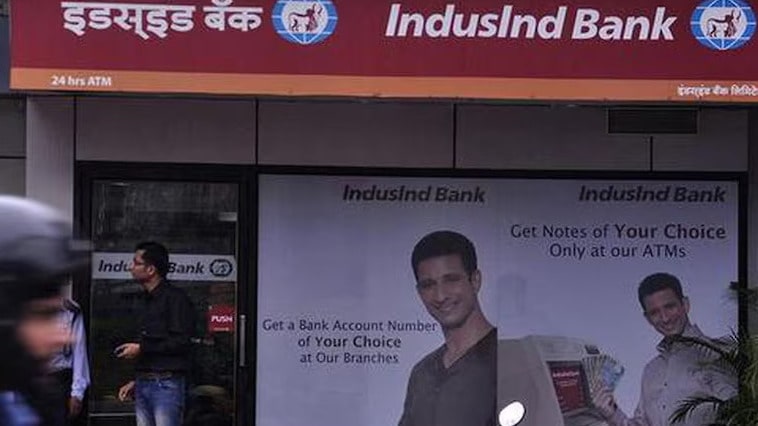
The Union Cabinet has given the go-ahead for the implementation of the “PM-eBus Sewa” scheme, which aims to significantly enhance city bus operations through the incorporation of 10,000 electric buses on a Public-Private Partnership (PPP) model. The decision was announced on Wednesday, August 16, marking a significant step towards advancing sustainable and eco-friendly public transportation solutions.
The ambitious “PM-eBus Sewa” initiative has been conceived with the primary goal of augmenting city bus operations by introducing a fleet of 10,000 electric buses under a PPP framework. This progressive move aligns with the nation’s commitment to transition towards cleaner and greener transportation options, in line with global sustainability targets.
The financial outlay for the “PM-eBus Sewa” scheme is estimated at a substantial Rs 57,613 crore. Of this total investment, the Central government will extend financial support amounting to Rs 20,000 crore. This financial infusion is anticipated to play a pivotal role in facilitating the efficient and sustainable operation of the electric bus fleet across various cities.
Under the ambit of the “PM-eBus Sewa” scheme, the proposed support for bus operations is slated to span a decade. This extended period of assistance underscores the government’s commitment to establishing a strong foundation for the successful integration of electric buses into the urban transportation ecosystem. By providing sustained support for an extended duration, the scheme aims to not only ensure seamless operations but also foster the widespread adoption of electric buses as a viable mode of public transportation.
The introduction of 10,000 electric buses is poised to yield multifaceted benefits for the country. These electric buses are expected to substantially contribute to the reduction of greenhouse gas emissions, thereby positively impacting the environment and public health. Additionally, the adoption of electric buses aligns with India’s aspirations to reduce its dependence on fossil fuels, enhancing energy security and sustainability.
The “PM-eBus Sewa” scheme signifies a paradigm shift in India’s urban transportation landscape. By embracing electric buses and operating them on a PPP model, the government is not only driving innovation in the public transportation sector but also creating opportunities for private sector participation. The PPP model encourages collaboration between public and private entities, fostering synergies that can lead to more efficient and effective public transportation services.
The Cabinet’s approval of the “PM-eBus Sewa” initiative stands as a testament to the government’s commitment to sustainable urban development. It reflects a forward-looking approach that prioritizes environmental conservation, energy efficiency, and the creation of modern and efficient urban transportation systems.
As the “PM-eBus Sewa” scheme gains momentum, it is expected to bring about transformative changes in how cities approach public transportation. With electric buses poised to become a cornerstone of urban mobility, the initiative holds the potential to reshape commuting patterns, reduce air pollution, and enhance the overall quality of life for citizens.
In conclusion, the Cabinet’s sanctioning of the “PM-eBus Sewa” initiative is a significant stride towards a cleaner and more sustainable future. The infusion of financial support, coupled with the adoption of electric buses on a PPP model, underscores the government’s resolve to steer India’s urban transportation sector towards a more eco-friendly and efficient trajectory. As the initiative unfolds over the next decade, it is poised to redefine the way cities approach public transportation and contribute to the nation’s broader goals of environmental preservation and energy sustainability.









